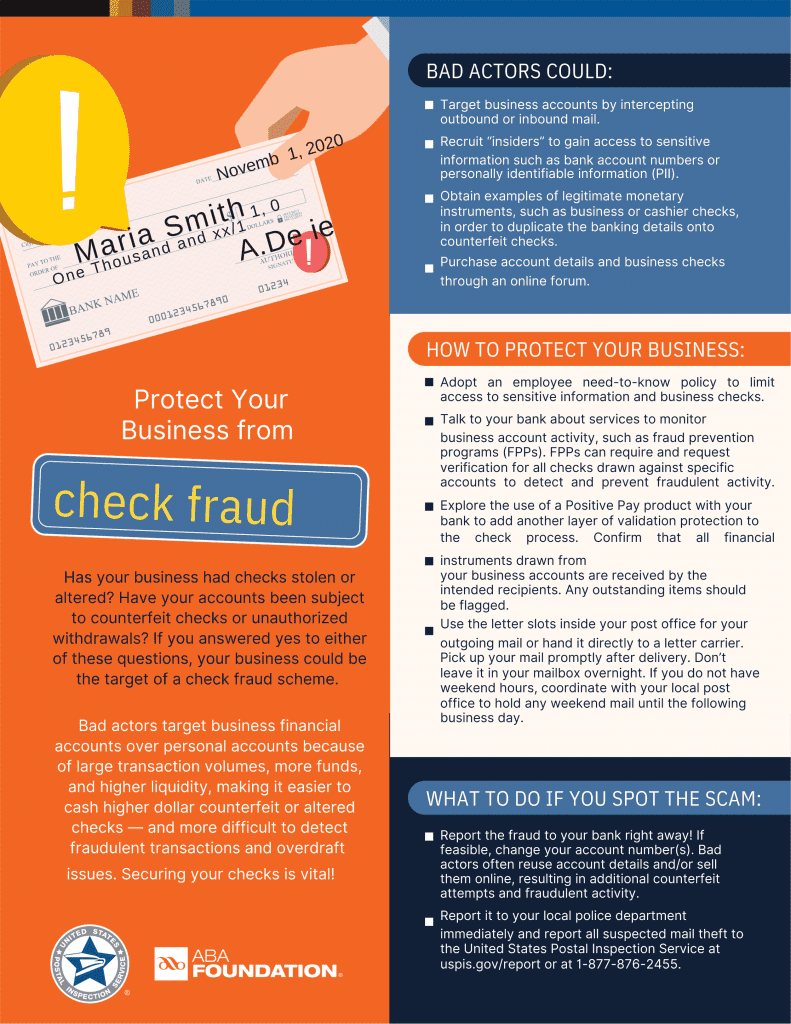
When you’re preparing to expand your business, there are a number of questions to consider. Many of them you can answer easily, while some may require research and additional advice from others. Here are five questions to help you get started.
1. What Do I Want for My Business?
Think about what you’re really trying to accomplish. You may think that growth in and of itself is the goal, but when you’re putting together an expansion plan, “grow my business” is too vague. It’s also a lot easier to determine solutions and strategies for reaching a goal for growth when that goal is specific and includes a timeline, such as adding two new storefronts in the next fiscal year. Once you’ve established where you’d like to be and when you’d like to be there, you can work on your plan for getting there.
2. Why Will This Work?
Sure, you’ve got a great idea for expanding your business into a new location, or adding a new product line, or a new service offering, but what is it that will make this a successful expansion plan? Are your business projections providing strong indicators that would support your plan? When can you expect to recoup the initial cost of expansion? Can your business support the more long-term costs, like more staff? These are questions you’ll likely hear from business advisors and lenders alike as you move forward. Take time to identify these factors and include them in your plan to establish why your plan will succeed.
3. What Could Happen?
Contingency planning is very important because it helps you develop a plan for multiple scenarios – good and bad. You should think through the realities of your situation and plan for possible setbacks, especially any with a financial impact. Of course, you can’t know what will happen in the future, but including a bit of “just in case” funding in your plan and testing your assumptions will show lenders that you’re well-prepared and ready to address future challenges.
4. What Did I Miss?
When you think you’ve accounted for everything, go back and look through your solutions and assumptions one more time to check for anything you may have missed. Did you include increased insurance costs? Benefits for employees? Higher taxes in your new location? The Small Business Administration, your bank, local Chambers of Commerce and other local business associations have resources and information to help with your planning efforts. If you’re working with a business advisor, have him or her help you fine tune your strategy before you apply for funding.
5. What Type of Financing Do I Need?
Keep in mind that not all financing is created equal. The option you choose should ultimately match to your specific needs. Maybe you need to buy furniture or equipment. These are fixed assets and would benefit from a longer term option like a business loan. On the other hand, maybe you need some help with inventory purchases or maintaining cash flow. These are shorter term needs that might be better solved with a line of credit. If you’re not sure which type of financing you need, talk to an experienced lender about your plans.
Need help getting started? We’re here for you.
Kennebunk Savings can help you with planning and your short and/or long term financing needs. Contact us today at 1-800-339-6573!


